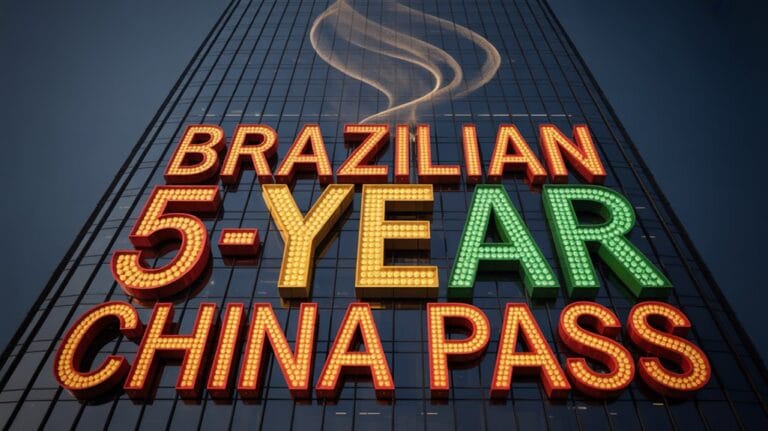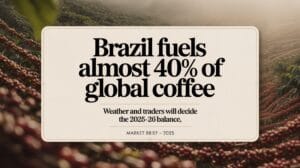Brazil has found a new buyer for its beans. China has opened its ports to 183 Brazilian coffee firms. Each firm may ship for five full years with no new fees. This quick deal came after the United States placed a 50% tariff on Brazilian coffee, creating urgent export challenges. Brazil’s leaders and China’s embassy signed the pact in late July. It cuts red tape and lowers shipping costs. Current coffee prices in America are rising due to the new tariffs.
Brazil pivots east—183 firms secure five-year, fee-free China passage after US tariff twist.
The timing helps farmers who harvest 85% of the 2025 crop during this period.
The new tariff blocks about 30% of Brazil’s coffee sales. In 2024, the United States bought nearly $2 billion of beans, but that flow is shrinking daily. Brazil’s coffee board met with Beijing officials to craft market strategies. They agreed on five-year contracts, offering price and volume stability. Luckin Coffee, a major Chinese chain, has already struck a $2.5 billion purchase deal.
China now ranks 14th for imports, taking between 530,000 and 939,000 bags a year. The figure is small, yet growth is steady. Chinese cafés report rising demand, while US buyers stock up only until October, when pre-tariff cargos run out. Analysts caution that ports must handle more vessels, and trucks must reach inland farms quickly so the deal can meet its potential.
Brazil’s traders are also courting Japan and South Korea. Japan is already the fifth-largest buyer, and Korea leads the world with 412 cups drunk per person each year. US tariffs are accelerating Brazil’s pivot to Asia.
Deals with Switzerland, Canada, and Guatemala are also on the table. Diversifying markets lessens the pain of losing the United States.





